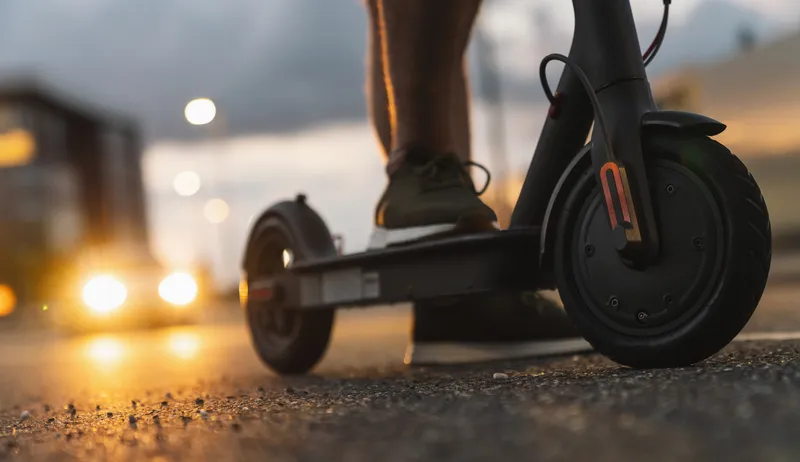Two fifths (38 per cent) of UK drivers say they will not drive in lane one of a smart motorway where the hard shoulder has been permanently converted into a running lane, according to a survey of more than 18,000 drivers conducted by the
This compares to 85 per cent of drivers who say they would drive in lane one of a motorway with a permanent hard shoulder.
When asked why they avoid using the new running lanes on smart motorways, more than a third said that they wouldn’t use lane one ‘for fear of coming across a broken down vehicle'. One in ten said that they believed lane one was ‘the lorry lane’.
Documents from
Edmund King, AA president, says: “Despite all the talk about improving traffic flow and easing congestion by having more lanes, it seems that drivers are voting with their wheels by avoiding converted hard shoulders and clogging up the other lanes.
“Drivers are fearful that, with the current lack of Emergency Refuge Areas, they will come across broken down vehicles and have little chance to avoiding collisions. We need more education for drivers using smart motorways as clearly they do not trust the schemes in their current state.”
Drivers are avoiding hard shoulders converted to running lanes
Two fifths (38 per cent) of UK drivers say they will not drive in lane one of a smart motorway where the hard shoulder has been permanently converted into a running lane, according to a survey of more than 18,000 drivers conducted by the AA.
July 4, 2017
Read time: 2 mins










